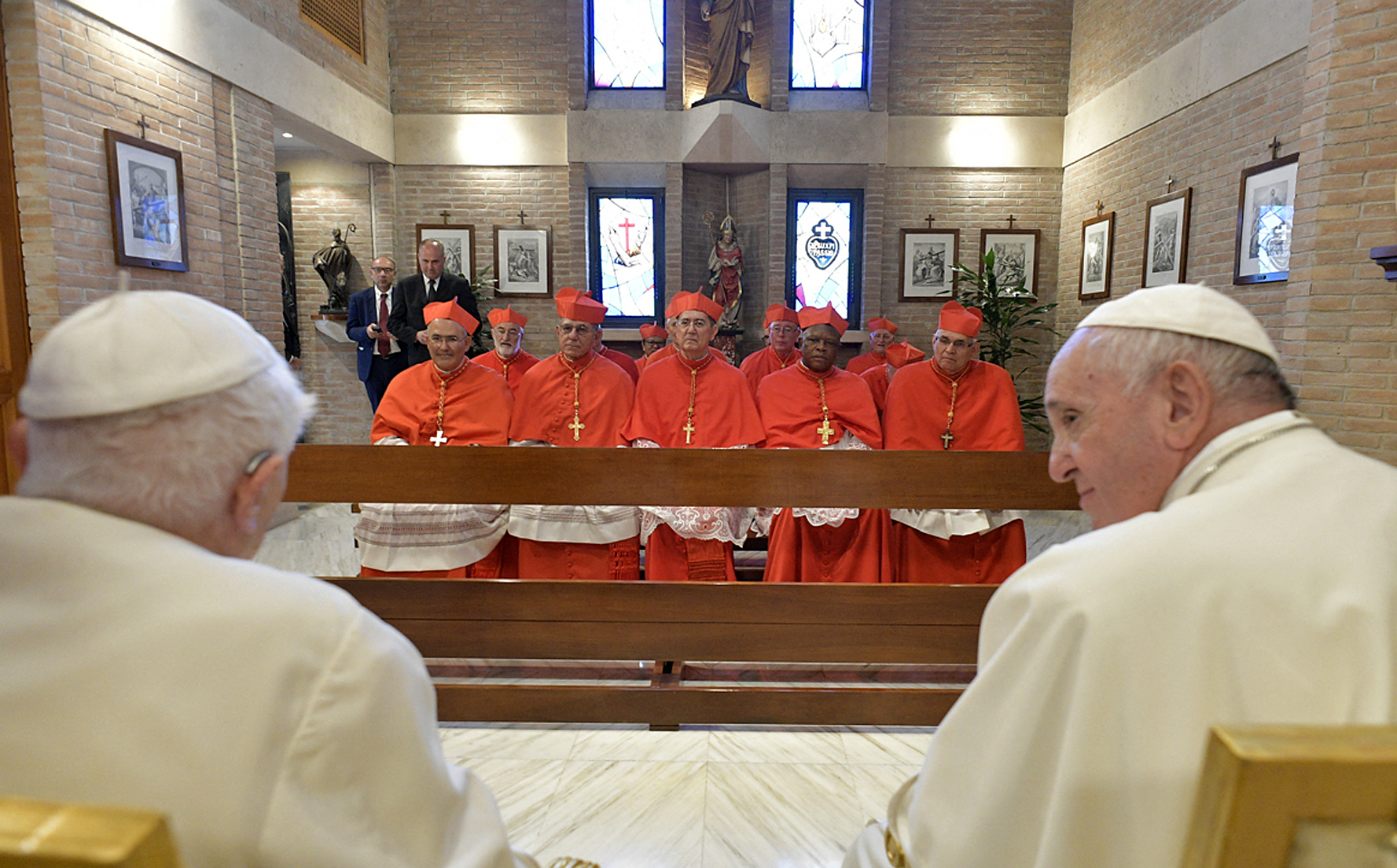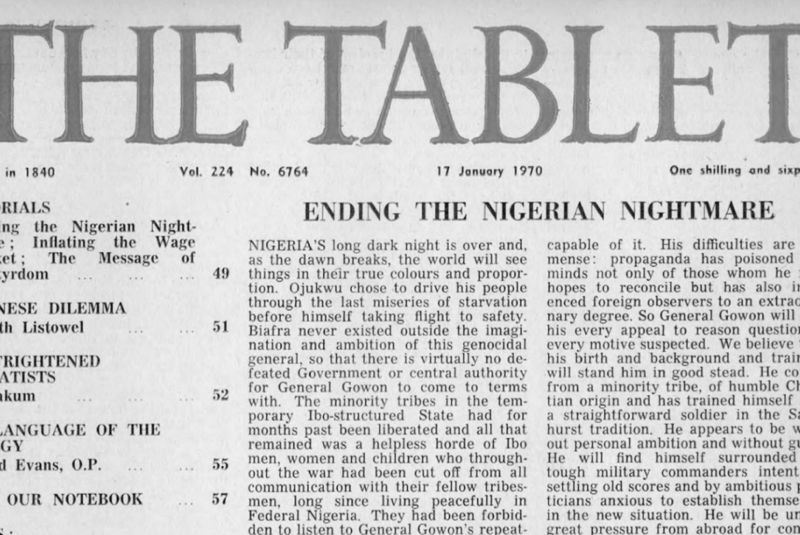Celibacy and the ordination of women – our latest look at The Tablet archives shows these were the topics dominating debate in Church life 50 years ago.
Five years after Vatican II, in the 17 Jan 1970 issue of The Tablet, the questions raised by the council were still being debated in our in our pages, with much energy expended upon the dispute between the Dutch Pastoral Council and Pope Paul VI. This Pope, who reigned between 1963 to 1978, and his antagonists in the Netherlands were clashing over clerical celibacy and the ordination of women – subjects still causing storms today.
The Tabet reported: “The Pope's Letter to the Dutch L’Osservatore Romano has now published the text of a letter which the Pope sent to Cardinal Alfrink and all the Dutch bishops shortly before the opening of the recent Dutch Pastoral Council. In it he urged them to defend the celibacy rule at the council and expressed strong concern at some of the trends evident in the Church in the Netherlands … less than a week after the Pastoral Council voted in favour of making celibacy an optional choice and admitting women to the priesthood.
The Pope asked the cardinal and the bishops “to express serenely, without any reticence, your total agreement with the universal Church on the contested points." Priestly celibacy, he said, was an “incomparable treasure ” of the Latin Church and the bishops should “make known and support the indispensable conditions for its exercise.”
Relations between Muslims and Christians in 1970 seemed to be rather warmer than the relations of the Dutch Catholics with the then-Pontiff, however: “In an unprecedented religious ceremony at The Hague, a Catholic priest and a Protestant minister addressed a meeting in the Mobarak mosque on the occasion of the ending of Ramadan. After reciting prayers with the faithful, the Imam Akmal called on the two representatives of the Christian religion to speak, addressing them as “brothers” because “we are linked by our belief in a single, true God”.
The Secretariat for Non-Christians, which had inspired the ceremony, said that it hoped that reciprocal gestures of friendship would become more frequent.
The new order of Mass was promulgated by Paul VI in April 1969, but the new English Missal only appeared in March 1970. In the intervening time between the publication of the new Mass in latin and the official translation appearing, various organisations stepped in to fill the liturgical gap.
In the classified advertisements we can see one of the many lay organisations inspired by Vatican II taking the initiative in getting the new order of mass into the hands of the People of God.
Those helping with this included the Latin Mass Society: “An English translation of ‘The New Order of Mass With A Congregation’, obtainable from The Latin Mass Society, 43 Blandford Street, London, W.l. Price 4d per copy inclusive of postage.”
This display of Church unity has sadly not lasted the 50 years since; something Pope Paul VI perhaps had a presentiment of, judging from another story in that week’s Tablet.
“In last week’s general audience the Pope warned Catholics to be on their guard against two “ dangerous deviations ” in interpreting the Second Vatican Council.
He strongly attacked both those whom he said had seized upon the Council as an excuse to oppose all the traditions of the Church, and those, on the conservative side, who “confuse habit with tradition”.
The Second Vatican Council, he emphasised, had not come to a close when its work ended, “like an historic fact dosed in time”. The Council was “the beginning of a renewal of the Church that must develop successively and affect the life of the whole ecclesial community...We pray the Holy Spirit that this doctrinal and canonical progress may continue happily.”
The complete Tablet archive is now accessible to all our subscribers, with around 9,000 issues available to view. This extensive archive goes back 180 years and is fully searchable as well as easy to navigate.



 Loading ...
Loading ...